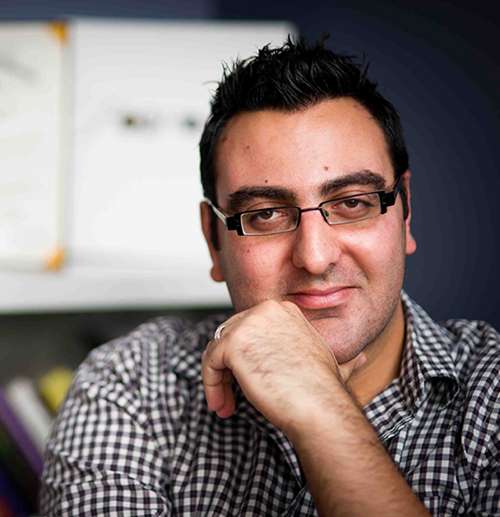Does alcohol-related activity on Facebook promote drinking?

The more a Facebook user gets involved in alcohol-related pages or posts - whether it's a like, share or comment - the more likely that person is to consider drinking alcohol.
As part of a Michigan State University study, more than 400 participants were asked their feelings after they encountered and responded to alcohol-related Facebook items.
The results: The more engagement, the greater their chances are of wanting to drink.
"What we found is if people actually feel so engaged with that message and want to do something about it - like, share or comment - that it makes the likelihood of them thinking about drinking even greater," said Saleem Alhabash, an assistant professor of advertising and public relations who headed up the study.
This study, Alhabash said, has some serious implications, particularly in terms of introducing alcohol to the under-21 crowd.
"Alcohol content is everywhere," Alhabash said. "Underage drinkers will see these ads, think they're cool, and then like or share. They interact with it and start thinking about it."
He said barriers to underage youth seeing alcohol ads online are "minimal." He said social media, by law, cannot target alcohol-related content to those under 21, but "once it's out there you don't own it. You can't control what happens to it."
The research subjects were shown three Facebook pages - one that was an alcohol marketing Facebook post paired with a display promoting drinking; another coupled with an anti-drinking public service announcement; and another coupled with a non-drinking ad, such as an ad for a bank.
The team found that the participants who were interested in liking, sharing or commenting on the alcohol marketing messages showed greater intentions to consume alcohol. This was especially true when the marketing message they viewed already had high numbers of likes and shares from other Facebook users.
"Do intentions lead to actions?" asked Anna McAlister, an assistant professor of advertising and public relations and a team member. "Intention is the single strongest predictor of actual behavior."
Oddly enough, the researchers found that when an alcohol-related status update was paired with an anti-drinking message, the person viewing it was more likely to consider drinking.
"It's ironic because the classical way of thinking about marketing, say on TV, is to advertise alongside alcohol brands," Alhabash said. "Our study says 'this might not be the way to do it.'"
More information: Details of the study are published online in the journal Mass Communication and Society. To view a copy of the paper, please visit www.tandfonline.com/doi/full/1 … 15205436.2014.945651
















